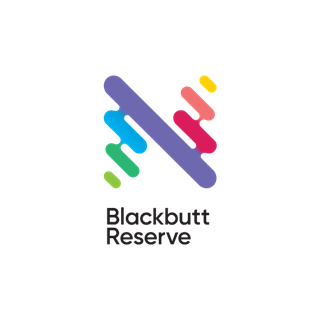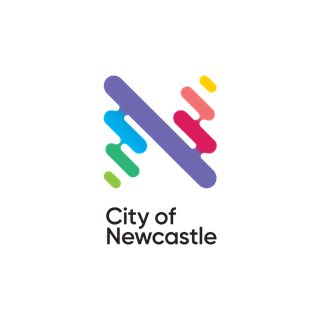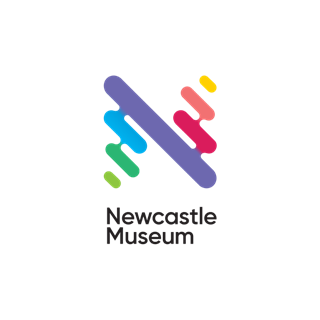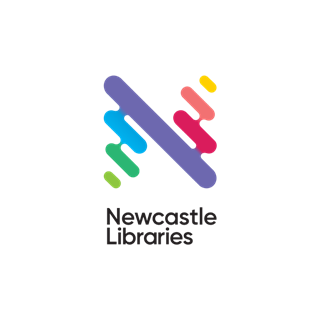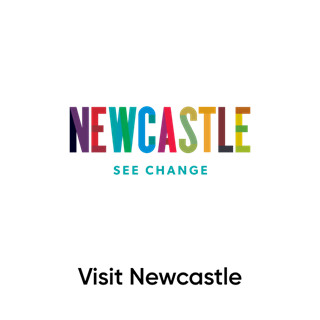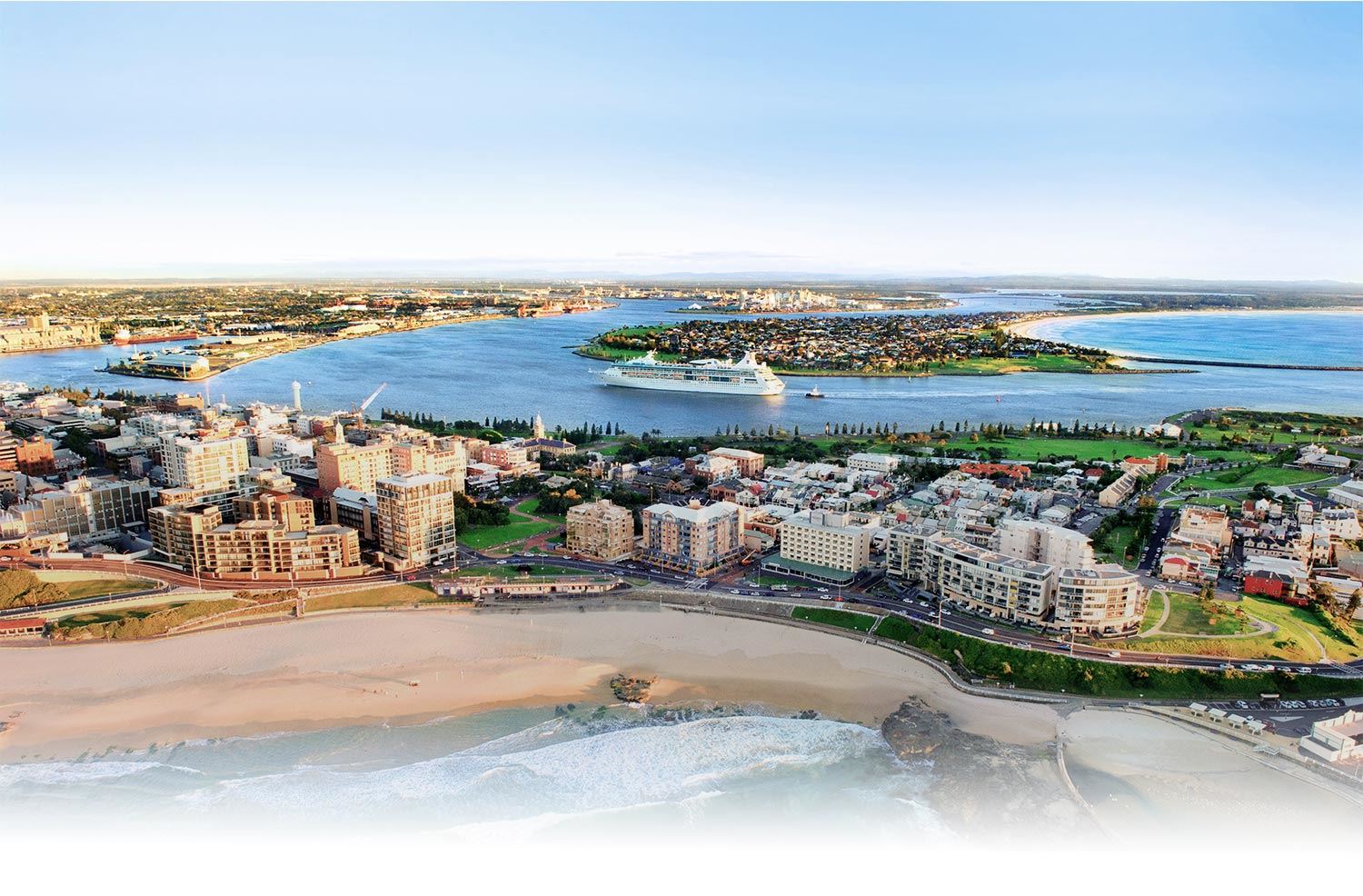
Light rail eases pressure on parking
20 Jan 2020
The overwhelming popularity of Newcastle’s light rail has helped free up more on-street parking in the CBD, with the number of parking transactions declining in 2019.
More than a million light rail passenger trips in the service’s maiden year exceeded City of Newcastle expectations, based on the State Government’s projection of 657,000, and saw the number of parking transactions decline by seven per cent to 916,704 in the second half of 2019, down from 983,392 in the final six months of 2018.
City of Newcastle Governance Director David Clarke said the resulting $335,000 decline in parking revenue was bitter-sweet because it was evidence that the general public is embracing public transport in the city.
“The fact that light rail has been more successful than anticipated is a good planning problem to have,” Mr Clarke said.
“The parking transaction numbers for 2019 tell us that plenty of parking remains available for inner-city shoppers and visitors, which is news we want both traders and shoppers to know about even though it amounts to a hit to our bottom line. Opal card data shows an average of 100,000 light rail trips are occurring each month, which translates into fewer cars in the city and 11,000 less parking transactions.
“The positive uptake of public transport helps reduce greenhouse emissions and traffic congestion and supports activation of our City, so it’s good to see plenty of people using the light rail, with ferry patronage also increasing by 34,000 rides last year.”
The City’s 2019/20 budget has absorbed a further $280,000 from temporary discounts offered to motorists who took up the EasyPark app, with phone transactions skyrocketing to 339,126 in the second half of 2019 to account for 37 per cent of all parking payments.
With just 77,799 transactions, or eight per cent made via the app in the same period in 2018, Novocastrians have enthusiastically embraced the digital convenience of EasyPark, which allows them to pay remotely and save money by receiving a refund for any unused paid parking time.
“Now that the app has been widely embraced to become the dominant platform for paid parking, it’s time to end the introductory discount to bring consistency back to pricing in line with that charged when paying at the meter with cash or by credit card,” Mr Clarke added.
“With that, the temporary 15 per cent discount applied to EasyPark transactions will cease from 1 February.
“The app’s popularity has been rising every month, to the point it now accounts for almost 40 per cent of all payments for on-street parking.
“We anticipate that more than three quarters of parking payments will be made through EasyPark within the next few years given the continued roll out of features such as parking refunds, the car-space finder and SMS reminders 15 minutes before your paid parking expires.”

